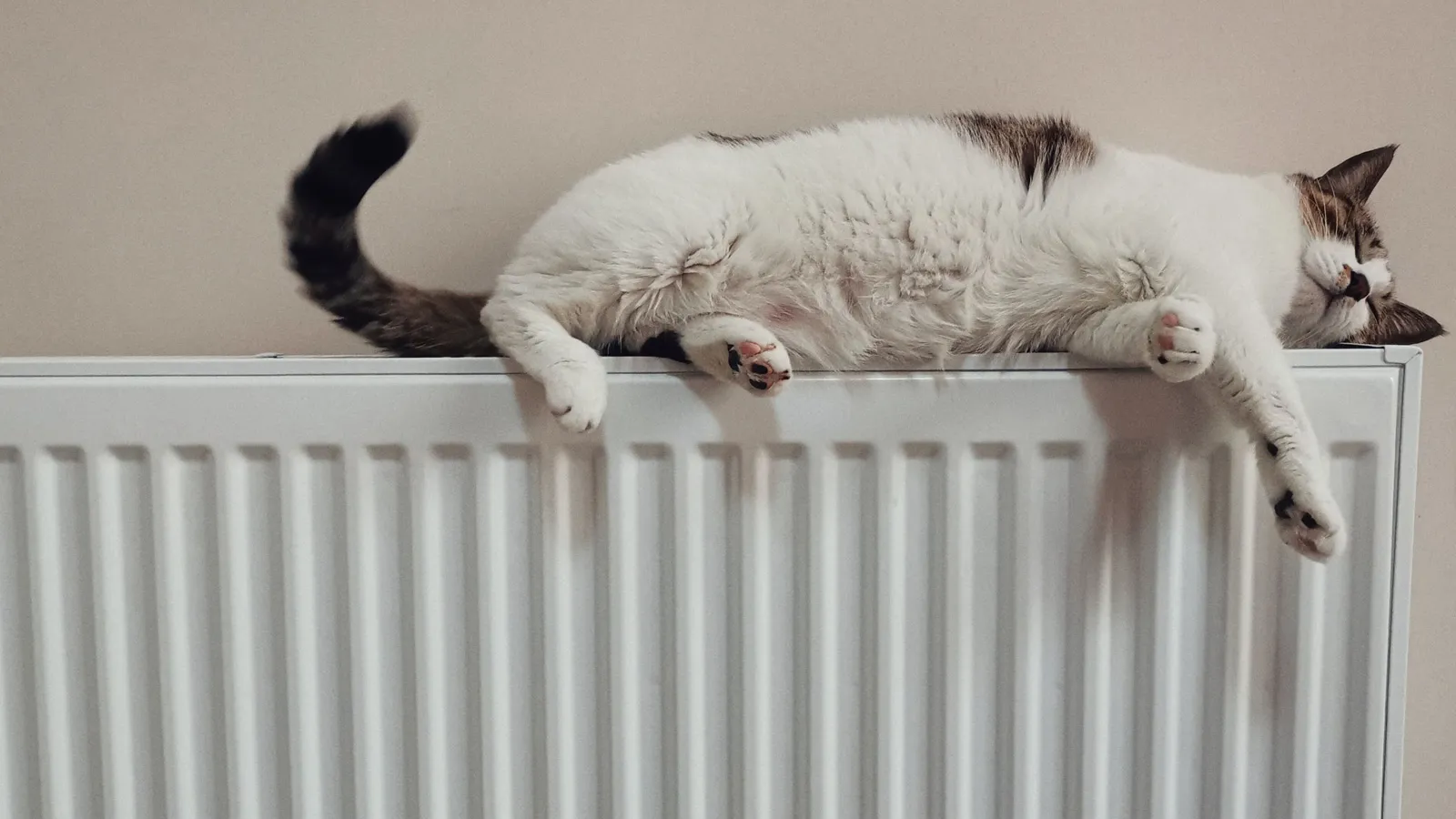Thermal insulation materials and suspended ceilings are available for insulating interiors, which can both save energy and reduce noise. Nevertheless, not all insulation materials are automatically environmentally friendly. Some products are made of materials containing toxic substances that can harm the environment and even your own health. The Blue Angel identifies environmentally friendly alternatives: Thermal insulation materials and suspended ceilings that are manufactured with low levels of harmful substances beyond the legal requirements and are harmless indoors from a health point of view. The award criteria consider thermal insulation, sound insulation and limitation of emissions from the products.
Advantages of thermal insulation materials and suspended ceilings with the Blue Angel for the environment and health (DE-UZ 132):
- low emission / low emission and low odour
- low pollutant content
- harmless to health indoors
Here you can find the exact award criteria as well as certified products.
External thermal insulation composite systems are used to insulate facades and exterior walls of buildings. These often consist of several layers and can be applied to bricks as well as concrete walls and other substrates. They help to significantly improve the energy efficiency of buildings and thus contribute to a reduction in both heating costs and CO2 emissions- at first glance, therefore, an effective climate-friendly measure. However, some products have significant consequences for the environment and climate. Building materials used to produce external thermal insulation composite systems can contain pollutants and even biocides that can enter the environment through rainwater, for example, and pollute it severely. In composite thermal insulation systems with the Blue Angel, possible environmental impacts are reduced to a minimum, meaning that the advantages for energy saving and climate protection clearly outweigh the disadvantages.
Advantages of composite thermal insulation systems with the Blue Angel for the environment and health (DE-UZ 140):
- low-emission
- environmentally sound thermal insulation
- Facade without algaecides
Further information, certified products and the exact award criteria are available here.
Our brochure (only available in German) also answers all questions on the subject of thermal insulation.

